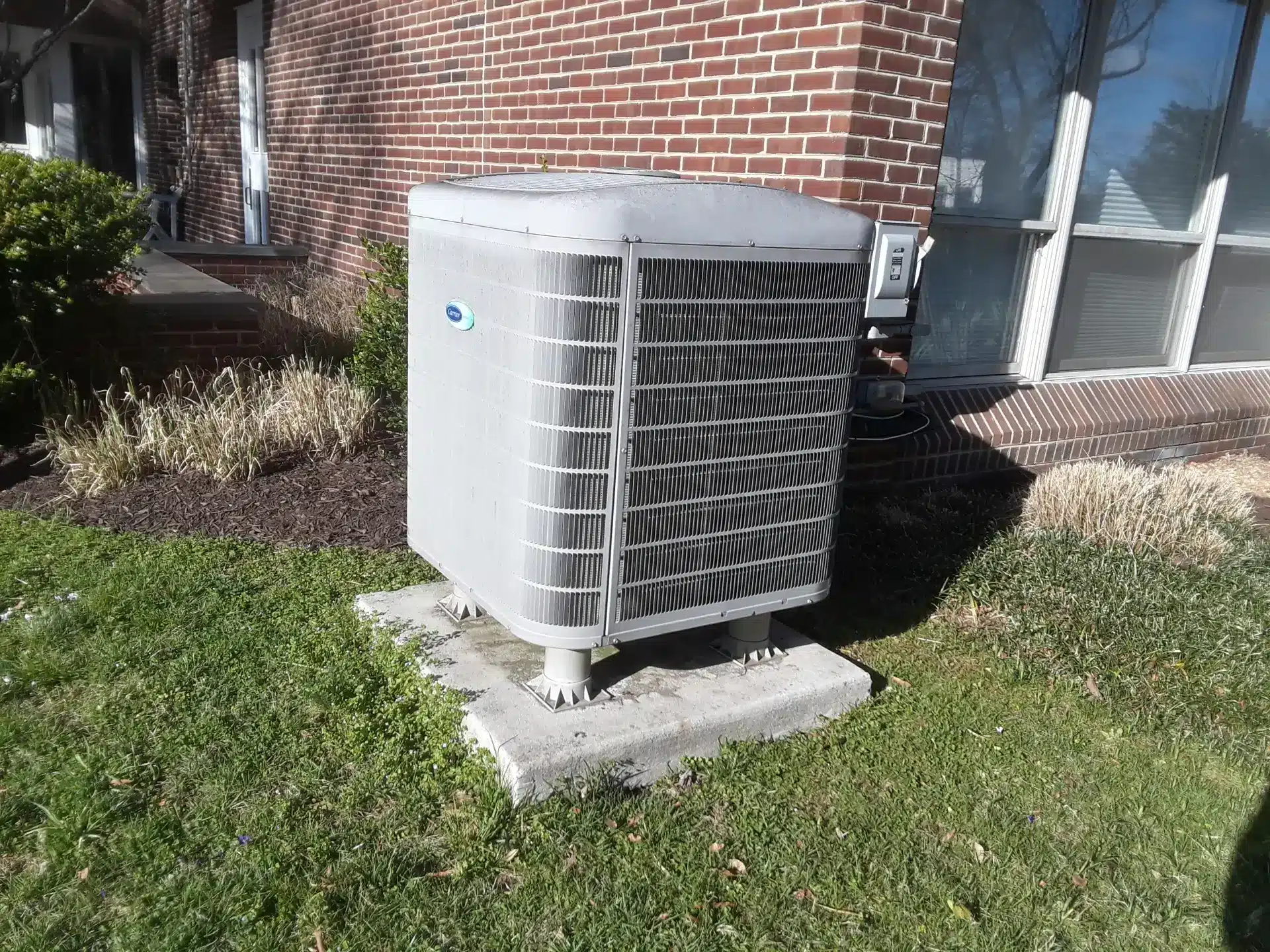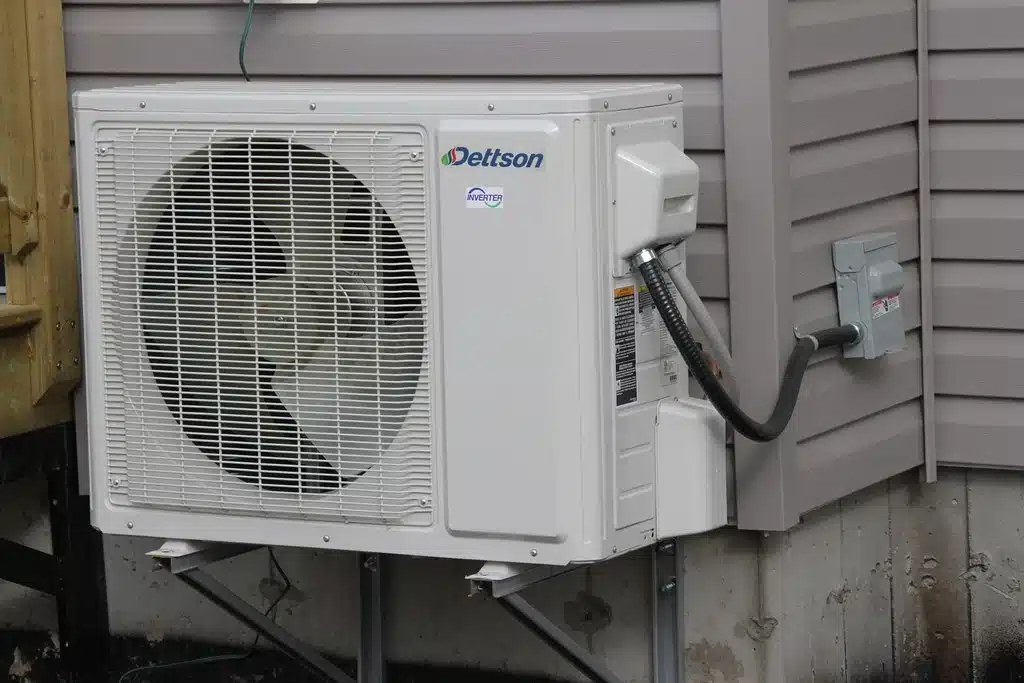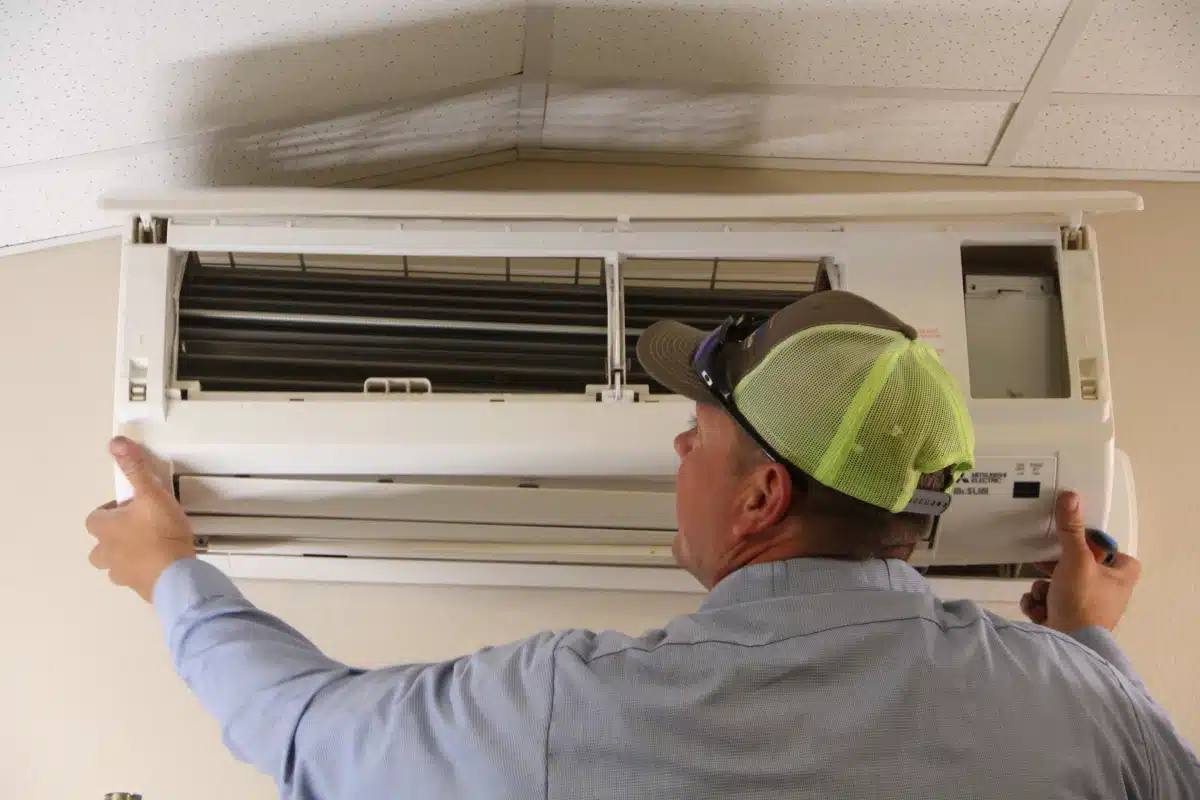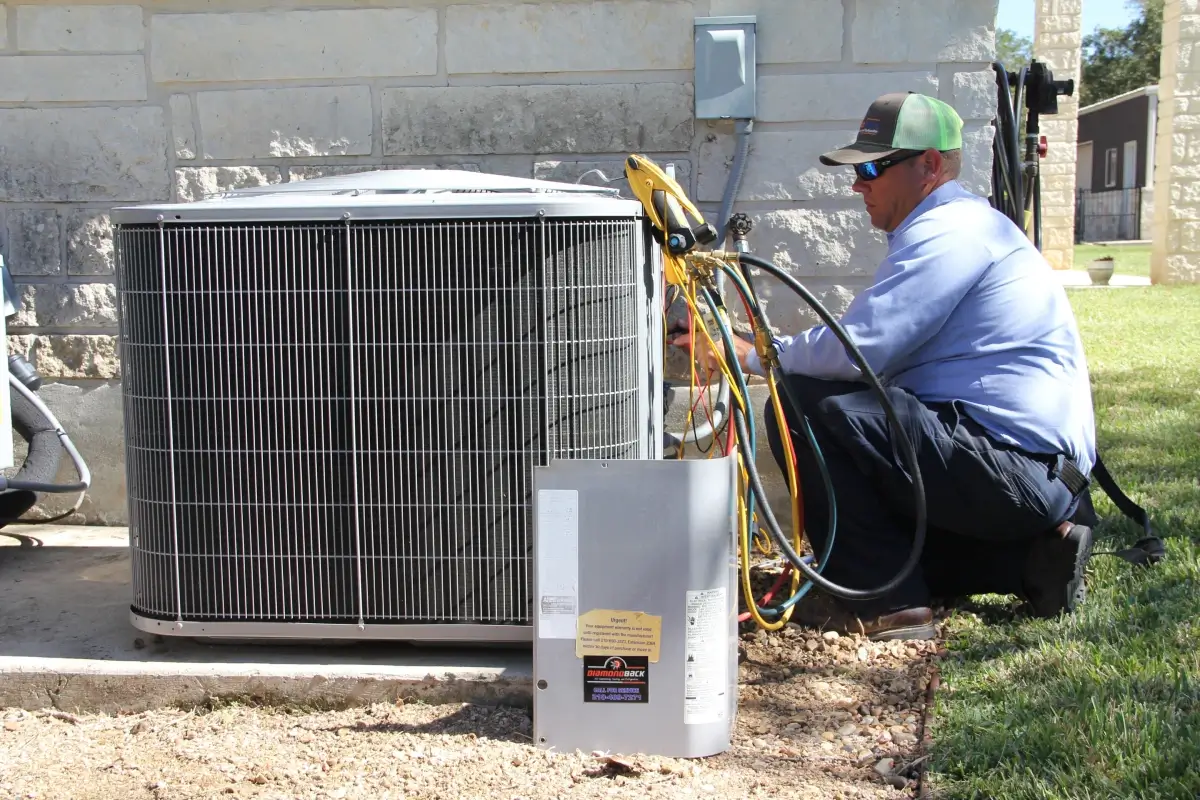As a homeowner, you’ve probably pondered the lifespan of your trusty heating, ventilation, and air conditioning (HVAC) system. After all, to replace your HVAC system, you need a significant investment, and no one wants to be caught off guard by an unexpected breakdown. So, let’s dive into the nitty-gritty details about the longevity of your HVAC unit.
Average Lifespan Expectations
Before we get into the specifics, let’s start with a broad overview. Generally speaking, most HVAC systems have an average lifespan of 10 to 25 years. However, this range can vary considerably depending on several factors, which we’ll explore in depth later on.
Breaking it Down
Now, let’s take a closer look at the typical lifespan of different HVAC components:
Furnaces
Gas Furnaces
With proper maintenance, a gas furnace can keep your home toasty for 15 to 25 years or even longer. However, the heat exchanger, one of the most critical (and expensive) components, often needs replacement before the furnace reaches the end of its lifespan.
Oil Furnaces
Oil furnaces, on the other hand, tend to have a shorter lifespan of 10 to 15 years. The inefficient fuel combustion process can lead to maintenance issues, ultimately shortening the unit’s life.
Boilers
Boilers are known for their longevity, with an average lifespan of 20 to 35 years. Like furnaces, leaks in the heat exchanger are often the culprit when it’s time to replace these hardworking units.
Air Conditioners
An air conditioning unit can keep you cool and comfortable for 12 to 18 years. However, in coastal areas, the salty air can take its toll, reducing the lifespan to 7 to 12 years. The compressor and condenser unit are typically the first components to show signs of wear and tear, signaling the need for a replacement.
Air Source Heat Pumps
A heat pump, which can provide both heating and cooling, can last 10 to 20 years on average, with 15 years being the typical lifespan. Like air conditioners, a heat pump in coastal regions may only last 7 to 12 years due to the corrosive effects of salt in the air.
Ductless Mini-Splits
Ductless mini-split systems, which offer both heating and cooling without the need for ductwork, can last anywhere from 10 to 16 years, depending on usage and maintenance. However, like their counterparts, coastal environments can significantly reduce their lifespan.
Factors That Influence HVAC Longevity
While the average lifespan estimates provide a general guideline, several factors can either extend or shorten the life of your HVAC system:
Maintenance
Regular maintenance is arguably the most crucial factor in ensuring your HVAC system operates efficiently and lasts as long as possible. Neglecting routine check-ups and tune-ups can lead to accelerated wear and tear, potentially cutting your system’s lifespan short.
Quality and Installation
The initial quality of the HVAC unit and the installation process play a significant role in its longevity. Poorly installed or defective systems may experience premature failures, while high-quality units installed by experienced professionals are more likely to reach their full potential.
Sizing
Oversizing or undersizing an HVAC system can lead to inefficient operation and increased strain on components, reducing their lifespan. Proper sizing is crucial to ensure your unit runs optimally and lasts as long as possible.
Usage Patterns
Excessive usage or high load demands can put additional stress on your HVAC system, potentially shortening its lifespan. Conversely, moderate usage and avoiding practices like heating or cooling with doors and windows open can help extend its life.
Environmental Factors
Certain environmental conditions, such as coastal areas or regions with extreme temperatures, can accelerate the wear and tear on your HVAC system. Salt exposure and excessive heat or cold can take a toll on components, reducing their overall lifespan.
Extending the Life of Your HVAC System
While no HVAC system lasts forever, there are steps you can take to maximize its lifespan and get the most out of your investment:
Embrace Preventive Maintenance
Regular maintenance is the backbone of HVAC longevity. By scheduling annual tune-ups and inspections, you can catch and address minor issues before they escalate into major problems, prolonging the life of your system.
Consider Upgrades and Replacements
As your HVAC system ages, it may become less efficient and more prone to breakdowns. At this point, upgrading to a newer, more energy-efficient model can not only improve your home’s comfort but also save you money on energy bills and repair costs in the long run.
Seek Professional Assistance
When it comes to HVAC maintenance, repairs, or replacements, it’s always advisable to seek the expertise of a reputable local HVAC contractor. Professionals like Diamondback AC have the knowledge and experience to ensure your system is properly serviced, installed, or replaced, maximizing its lifespan and performance.
By understanding the factors that influence HVAC longevity and taking proactive steps to maintain your system, you can enjoy reliable heating and cooling for years to come. Remember, a well-maintained HVAC unit is not only a comfortable investment but also a smart one.
If you’re in need of HVAC maintenance, repairs, or replacements in the area, look no further than Diamondback AC. Our team of experienced professionals is dedicated to ensuring your HVAC system operates at peak efficiency and lasts as long as possible. Contact us today to schedule a consultation and take the first step towards maximizing the lifespan of your heating and cooling system.
Frequently Asked Questions
How often do HVAC systems need to be replaced?
HVAC systems typically need to be replaced every 15 to 25 years. The lifespan can vary based on the quality of the unit, the environment it operates in, and how well it has been maintained over the years.
Can an HVAC unit last 30 years?
It’s uncommon for HVAC units to last 30 years. Most units will require replacement or significant repairs before reaching this age due to wear and tear and technological advancements that might render older systems less efficient or obsolete.
What is the average life of a residential HVAC system?
The average life expectancy of a residential HVAC system is about 15 to 20 years. Regular maintenance can extend the lifespan, but technological improvements and efficiency gains often justify replacement earlier.
How do I know when my HVAC needs replacing?
Signs that an HVAC system needs replacing include increased energy bills, frequent repairs, inconsistent temperatures, and noticeable declines in performance. If the system is over 15 years old and these issues become regular, it might be time to consider replacement.
How often should I replace my air filters for the air conditioner?
Air filters for an air conditioner should typically be replaced every 90 days. If you have pets, you might need to replace filters more frequently, such as every 60 days, to ensure optimal air quality and system performance.








